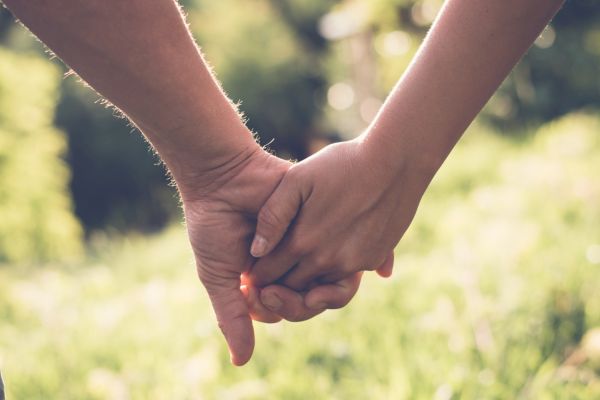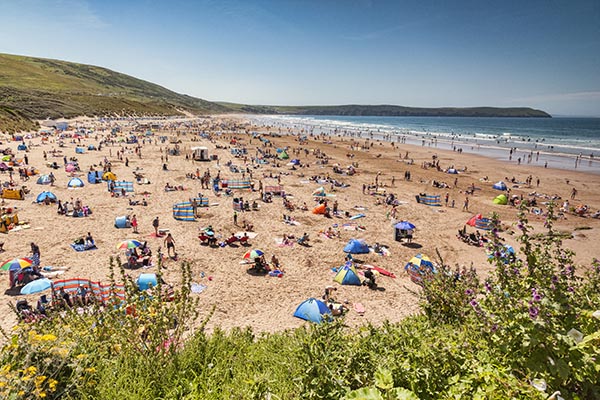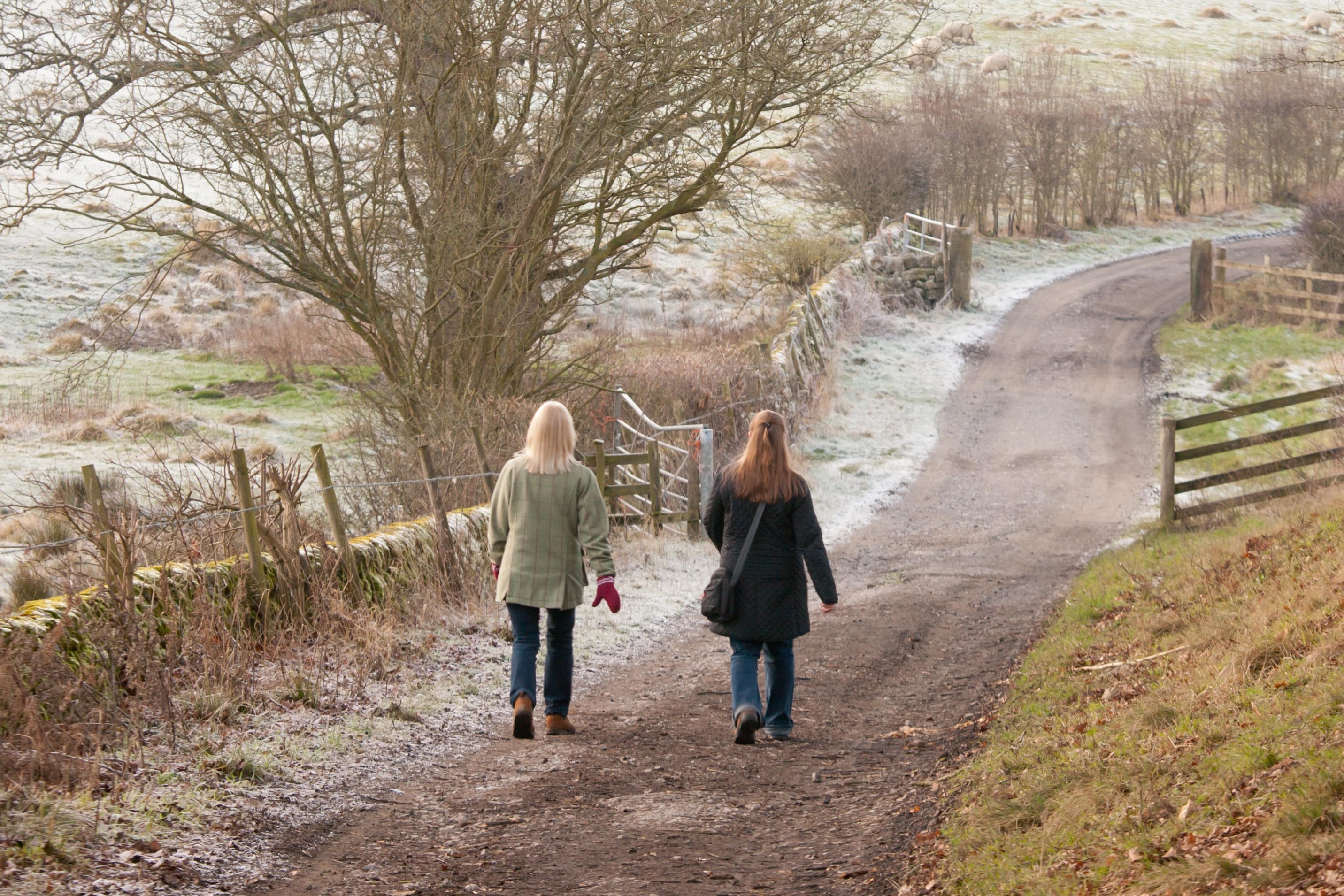ITV2’s Love Island is back on our screens on Sunday – with millions of viewers tuning in to a winter edition of the popular programme for the first time.
Last year, reality TV shows faced increased scrutiny over their duty of care to contributors and the impact of body image issues on a youthful audience.
Our member Denise Freeman believes that for some people the nature of the show might negatively impact on their feelings of trust and security within their own relationships.
But she says it’s not all negative. For other viewers, watching Love Island could be a welcome antidote to the seasonal blues – and seeing couples get together could help foster a sense of hope.
Anxiety
Talking about the show’s impact on people’s view of relationships, she said: “As a counsellor, this post-festive come-down is a context in which I see many clients who are troubled in their relationships. It seems to be a time of great anxiety. For those of them who will be watching the winter season of Love Island, there’s a chance it may compound their insecurities.”
She said: “In last year’s series, contestant Amber returned to Casa Amore and was shocked to find that her love match, Michael, had ‘coupled’ up with Joanna in her absence. Heartbroken, she highlighted how the show reinforced her existing mistrust of men.”
“To find love, in a short time, from within a small group of people and with a camera rolling, may be a very artificial situation, but the issues of trust and insecurity seem only real.
Trust
“For someone who is struggling in their own relationship, and fearful of their partner’s potential infidelity, the show may serve to limit their capacity for trust.
"We see relationships tested and temptation provoked. We see partners disregarded and much insincerity.
"Relationships are challenged and the dice are loaded against success.
"For some people, this may promote the notion that all relationships are founded upon false premise and that it is foolish to trust.
"It may evoke emotions and realisations within people about their own partner or general attitude towards relationships."
She added: “Speaking to a counsellor can help explore those feelings and identify issues. Therapy can support individuals or couples, by helping them to gain a deeper understanding of themselves and each other and promote better ways to communicate.”
Love is the ultimate goal
Denise, a Manchester-based counsellor who previously worked in television, said it can be argued that the real attraction of the Love Island format, for viewers, is “the possibility of seeing true love win through.”
She added: “Deep down, many viewers may wish to see a couple fall in love, stay true - despite the challenges - and leave the house with an unbreakable bond. Love is the ultimate goal and the show tantalises the audience with the chance that hope may triumph over expectation.
Denise concluded: “I’m prompted to remind myself - as a counsellor - that, alongside the clients who present with issues of trust in their relationships, there are many who have experienced enduring love, underpinned by a mutual trust of each other.
“I’m also drawn to revisit the experience of my previous career in television production. Improbable as it may seem to a cynical public and critical media, I know that programme makers are well-intentioned and have the potential to be just as sentimental as any other group of people. No one wants to see relationships fail.
Much-needed light
“We should not overlook the possibility that the winter edition of Love Island might serve to offer hope to some of its viewers and prove to be a much-needed light in the darkness of winter.”
To find a counsellor who can help you with any of the issues mentioned in this article, visit our Therapist directory.

Relationships
What is relationship counselling? How can therapy improve your relationships? BACP member Cate Campbell explains how counselling can help.

Coping with bikini body image fears this summer holiday
One thing is to stop comparing yourself to people on Instagram or Love Island, says our member Caz Binstead

Seasonal affective disorder: How to bring some light to the dark days of winter
Our member Rakhi Chand talks about how counselling and coping strategies can help with seasonal depression
